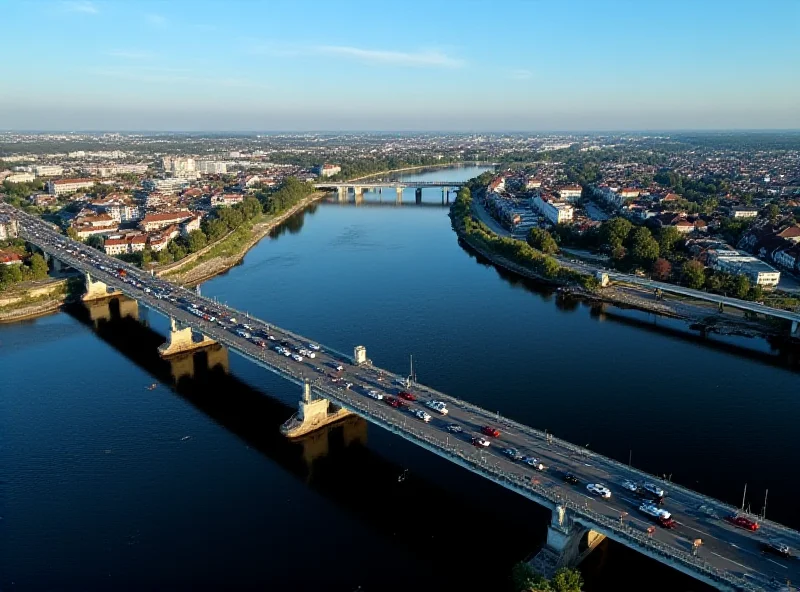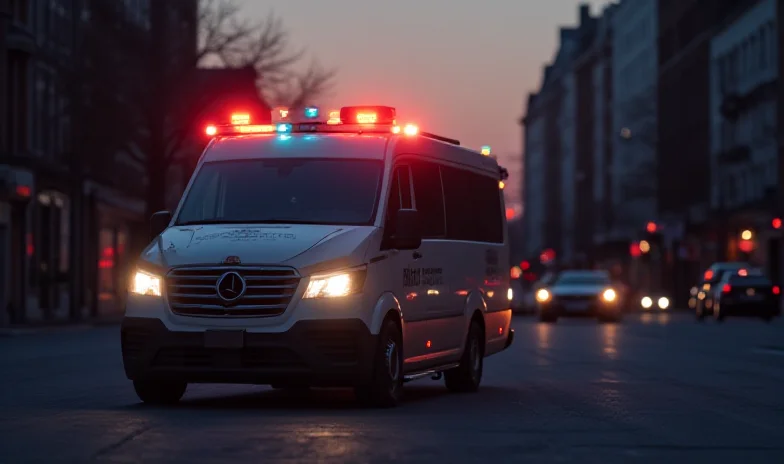The Czech Republic and Slovakia, once united, are now charting increasingly divergent paths when it comes to social policy and governance. While Brno, a major city in the Czech Republic, is embracing innovative and sometimes controversial solutions, Bratislava, the capital of Slovakia, appears to be facing internal divisions and more mundane challenges.
Brno's Progressive Policies
Brno has been making headlines for its willingness to experiment with progressive policies. One notable example is the introduction of safe drug consumption spaces within ambulances. This initiative aims to reduce harm associated with drug use and provide immediate medical assistance in case of emergencies. This approach, while controversial, is being lauded by some as a pragmatic solution to a complex problem.

Furthermore, Brno is also seeing changes in family law. A recent Constitutional Court ruling has led to a case where a man is required to retroactively increase his alimony payments due to a significant increase in his income. This decision, and similar rulings, could set a precedent for future cases, potentially impacting many families in the Czech Republic. "This is a landmark decision that could significantly impact alimony cases," says local legal expert, Jana Novak.
Finally, a long-running funding case involving former castle chancellor Vratislav Mynář, related to the construction of a guesthouse, has concluded with the prosecutor deciding not to appeal the exonerating verdict. This brings an end to a chapter that has been closely followed by the Czech public.
Bratislava's Challenges
In contrast, Bratislava seems to be facing different types of challenges. One area of concern is the lack of unity among the city's mayors. This division could hinder the implementation of innovative policies, such as replicating Brno's approach to drug consumption within designated areas like the "Bratislava Pentagon" or a large residential zone. The disagreement among city leaders is a major obstacle to progress.

While Brno is dealing with complex legal and social issues, Bratislava is also grappling with more mundane problems. A recent incident involving a pantyhose thief who reportedly escaped from the police, albeit briefly, highlights some of the everyday challenges faced by law enforcement in the city. This incident, allegedly concealed initially, underscores the need for transparency and accountability.
On a more positive note, Bratislava is seeing some improvements in traffic management. City official Ráž has announced changes to traffic flow, diverting transit traffic from the Port Bridge to a bypass. The police are actively working to inform drivers about these changes, aiming to ease congestion and improve the overall traffic situation in the city.

In conclusion, while both Brno and Bratislava are facing their own unique challenges, the contrasting approaches they are taking highlight the diverse paths being pursued by the Czech Republic and Slovakia. Brno's willingness to experiment with progressive policies stands in stark contrast to Bratislava's struggles with internal divisions and everyday crime.
